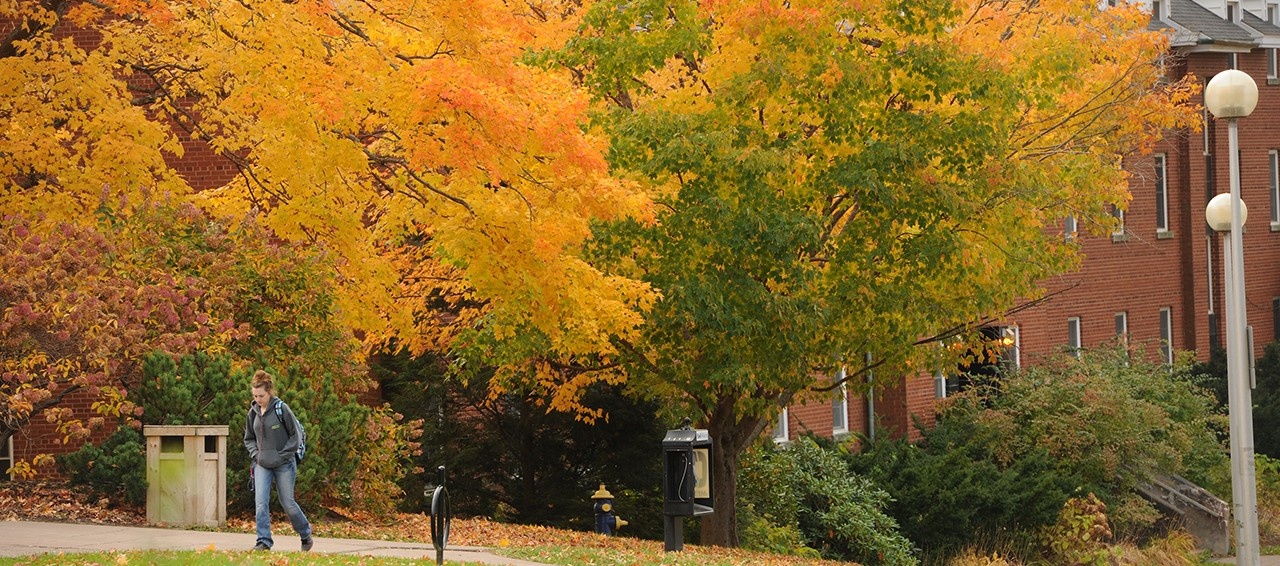SPEC4000 Special Topics: Tropical Aquaculture in Philippines
Applications currently closed. Potential offering May 2026.
Ìý
Course Information:
SPEC4000 will be hybrid online lecture and 3-credit hour field course offered in Ilocos Notre, Philippines in partnership with Mariano Marcos State University. Up to 12 undergraduate students in their second year standing will be able to participate in the course, and will travel to the Philippines for two weeks; with preference of Aquaculture program students.
Students will participate in Collaborative Online International Learning lectures (March - April) prior to the field portion of the course. In Philippines, students will gain warmwater aquaculture production experience with species such as tilapia, milkfish, catfish and oysters. The dynamics between fisheries and aquaculture will be explored through seine fishing. Fisheries is a significant cultural aspect in Philippines and students will gain an appreciation of this through the Filipino May Fish Festival.
When: TBA
Where: Ilocos Norte – Philippines
Instructor: Audrie-Jo McConkey
Student Cost (Estimated):
$4500 - $6500CAD
Included:Ìý airfare, accommodations, meals, local transportation.
Excluded: course & tuition fees, required vaccinations and physician consults, personal purchases (souvenirs, alcoholic beverages).
Funding Assistance
Information about funding assistance and payment schedule will be posted as information is confirmed. Watch for updates on our social media and website.
Study/Work International Fund (SWIF)ÌýÌý
This course may be eligible to submit an application to the Study/Work International Fund (SWIF). SWIF was established by HÂþ» University as part of the Student Assistance Program, SWIF provides financial assistance to HÂþ» and King's students who want to take part in an international placement. There is a maximum award of $2,000 CAD per applicant. SWIF supports study, work, or practicum placements for which HÂþ» University will give a degree credit.
For more information on funding and eligiblity:
Contact HÂþ» AC International atÌýintdalac@dal.ca &/or
Visit HÂþ»'s International Learning Experiences Funding page for further details and eligibility information on SWIF and other funding opportunities.
Ìý
